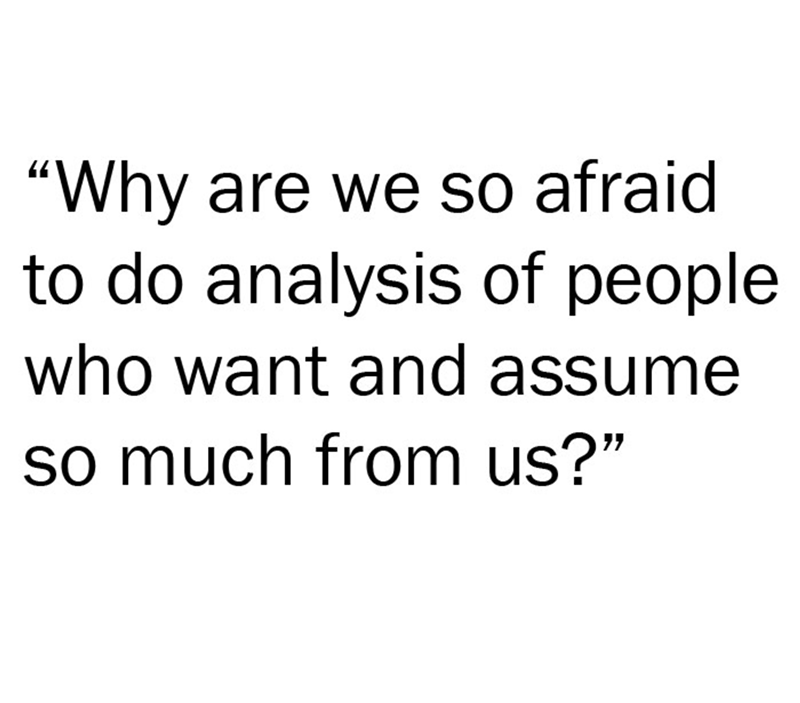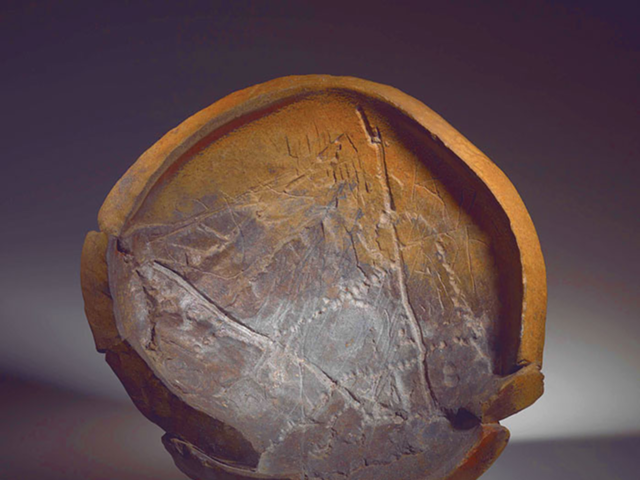The night before I sat down to write this, I had formulated in my head the perfect first sentence to describe my emotional station, but I have now lost that to anxiety, to slumber, to dreams.
The best sentence is this one:
My kidneys are failing me because I have failed my body.
Somewhere between the arrogance of my youth, the inherent laziness in my nature and the denial mired in the early- to mid-years of a now 18-year battle with diabetes, lays the collateral damage of my kidneys.
I am 50 years old.
I have been so preoccupied managing the pain of constant, chronic foot pain from a fluke infection nearly two years ago and finally corralling my diabetes and emerging a textbook diabetic with excellent glucose and A1c numbers that I was deaf to my doctor’s recent requests I get to a kidney specialist.
I wasn’t having problems urinating — no pain, funny odors, weird colors or urinary tract or yeast infections.
Contrary to the pre-diabetic diagnosis of frequent urination — especially at night — I could now drink water at bedtime and last through the night without making the long trek through my writing room and kitchen to the toilet.
(Note to self: Infrequent urination is just as dangerous and telling as frequent urination to a diabetic, especially one prone to hypertension.)
In fact, I’d emerge from our home bathroom announcing the color of my pee.
“Baby! My pee is nearly clear! Must be all that water I’ve been drinking!”
I was especially proud, considering my deep, deep public love for sugary, sweet drinks, exotic sodas and the offspring of the two; concoctions I notoriously call “shaboozles.”
So I spent the last few weeks during my time in my bathroom looking at the plastic, hat-shaped apparatus the doctor sent me home with the last time I saw her to collect a 24-hour urine sample.
I’d picked it up, moved it around, tried hiding it.
In fact, last Thursday, after a treacherous Wednesday night of stomach cramps, cold sweats and diarrhea, I very nearly used that thing to catch my waves of vomit.
By Friday, certain I had another case — albeit inexplicable to me — of pancreatitis, there my partner and I were yet again, one year later, in the emergency room of Christ Hospital.
Initial blood and urine tests revealed I did not have pancreatitis but colonitis — a slight swelling of the colon caused by a virus. I’d caught something I’d maybe had for awhile or for a short time, but it expertly mimicked the gut-stomping pain of pancreatitis and I was thankful to get some relief.
Text and phone messages were dispatched to my siblings and I begged Kenny not to come from Mason to the ER because I was certain they were going to kick me out after the CT scan.
After the CT scan, Dr. Fitzpatrick, a hilariously droll and direct man, decided I would stay because he detected serious enough failure in my kidneys that maybe I just needed a course of fluids to replenish what he thought might be “stressed” kidneys from all the loss of fluids.
By Saturday, in the small, freezing hospital room on Five West, Dr. Heberling, who switches from foot to foot when he talks, told me he’d like to have a kidney specialist come consult with me.
Dr. Hergenrother, the very kidney specialist I’d been avoiding going to see with my bucket of pee, came to me, a captive, hospital bed-bound, hard-headed patient in Christ Hospital.
He immediately prepared me for the worse — dialysis, transplant — based on the science he’d seen. For the next 48 hours he came back often, and switched fluids as often, and talked to me explicitly about getting myself into his office so we can work together to try what might be reversing the damage, increasing the function or staving off any further damage, prayerfully before those worse-case scenarios.
Before I was released Monday, my partner and I watched two laughably dated videos about dialysis, and I did not know whether to laugh or to scream at the women and their helmet hairdos, their Dynasty-era shoulder pads and the grainy, porn-like greenish tint of the videos.
I mostly kept my eyes closed, going to a safe place where I might see my mother again, I might be free from sitting in a chair for four-hour stretches three times a week or emptying my own waste bag in the comfortable confines of my own home.
Living through drastic changes in my health has been akin to traveling. I start out assuming things will be fine, ignoring the new customs of my new geography, then after the unavoidable obviousness of daily shots, the sight of my own blood (diabetes), not being able to walk evenly or without excruciating pain (foot infection) or maybe dialysis or transplant (kidneys), I realize this trip was not at all what the blogs and brochures said it would be, and it’s time — way past time — for me to recalibrate and to accept what is clearly the remainder of my life on Earth as a woman with stuff.
Perhaps the hardest part of any of this is living in a landscape among the permanently and arrogantly healthy people around me who, sometimes unbeknownst to them, flaunt their bodies’ abilities to process its own insulin or to wear any shoe they like or to pee on command without considering that the time between urination might signal a potentially deadly signpost.
Good health is no one’s “fault” or entitlement.
This is at least what I tell myself to keep away bitterness and the judgmental eyes of other people.
I would never be tardy with my rent if I had a dollar for every time someone, knowing of my diabetes, said to me:
“Are you supposed to be having that?”
These utterances are not helpful, but shame-filled, and they add to the private self-hatred people living with chronic illnesses suffer.
I will be seeing my own doctor this week, then Dr. Hergenrother in the coming weeks so I can — once again — remake myself as a woman living with another thing.
Chronic kidney disease.
And I will do what I am told, regardless of how painful or tedious.
And I will cry in the car alone.
And I will zone out to a safe place where my mother dwells.
And I will think back on all those times I ignored or was slow-footed to my doctor’s urgings.
I might even have to go back to an emergency room; sit in on an educational class.
And I will forgive myself and adjust.
CONTACT KATHY Y. WILSON: [email protected]






